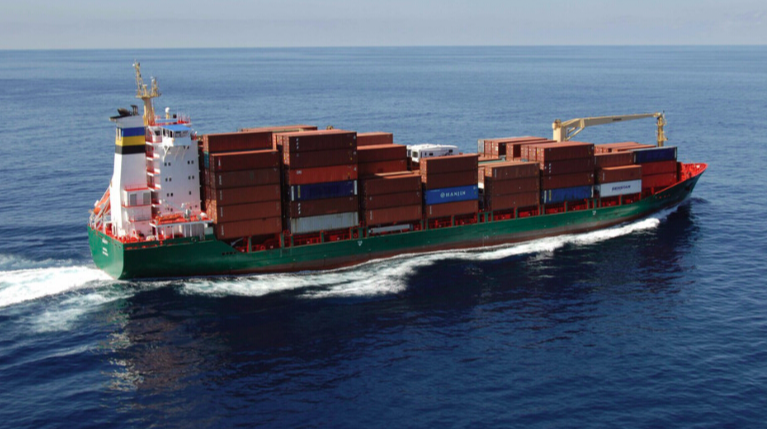In the competitive world of food exports, the importance of marine insurance cannot be overstated. As businesses navigate the complexities of international trade, protecting cargo against potential losses during transportation has become a vital aspect of risk management.

Sea freight, while cost-effective and efficient, carries inherent risks such as accidents, natural disasters, theft, and damage. These risks can lead to significant financial losses for food exporters, from spoiled goods to total loss of shipments. Marine insurance provides a safety net, covering the costs associated with such unforeseen events.
In the food export industry, where timely delivery and product integrity are crucial, marine insurance not only offers financial protection but also ensures business continuity. It allows exporters to fulfill their commitments to customers and maintain their reputation for reliability and quality.
Moreover, marine insurance can cover a wide range of risks, tailored to the specific needs of food export businesses. Policies can include coverage for cargo in transit, transit delays, refrigerated cargo, and even liability for third-party damage. This flexibility ensures that businesses can customize their insurance to address their unique risk profiles.
In an increasingly volatile global market, with geopolitical tensions, weather extremes, and supply chain disruptions becoming more frequent, the value of marine insurance cannot be underestimated. It provides a critical layer of protection, enabling food exporters to confidently expand into new markets, explore diverse transportation routes, and grow their businesses without undue risk.
Ultimately, investing in marine insurance is a strategic decision that safeguards the financial health and future growth of food export businesses in an unpredictable and competitive international environment.
Post time: Oct-31-2024